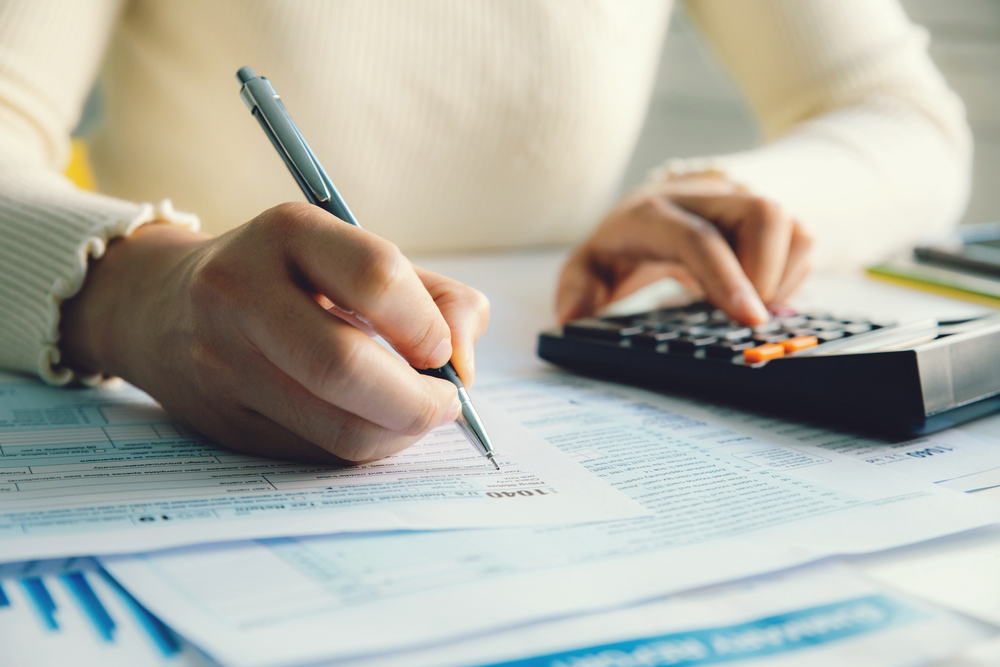Days
Hours
Minutes
Seconds
May 1 2026 - Renters' Right Act Commencement Day
You have 0 days to:
Serve any final Section 21 notices
Stop accepting above-asking rent offers
Prepare for the rental bidding ban
Remove “No DSS” from adverts
Remove “No Children” from listings
Show one clear rent price
Stop using fixed-term agreements
Switch to periodic tenancy templates
Check which tenancies go periodic
Stop taking rent before signing
Take no more than one month’s rent
Move all evictions to Section 8
Train staff on new notice rules
Create Section 13 process flow
Add two months to rent reviews
File court claims for Section 21s
Update landlord move-in grounds
Update landlord selling grounds
Send the RRA Information Sheet
Create written terms where missing
Update How to Rent processes
Review tenant screening questions
Update pet request processes
Stop backdating rent increases
Discuss rent protection backbooks
Act now before it is too late...
Making Tax Digital for Income Tax: 4 key things your landlords need to know
From quarterly tax returns to a new points-based penalty system, here are four key things that your landlords need to know about Making Tax Digital for Income Tax.
The Goodlord team
Nov 21, 2022
From 6 April 2024, Making Tax Digital (MTD) for Income Tax will come into effect, meaning that your landlords will need to digitally report property and self-employment income to HMRC through MTD compatible software.
Here are four of the top things that your landlords need to understand about these changes, as shared by Robert Bolwell, Senior Partner at Dutton Gregory.
1. Only individual landlords will need to prepare for the changes in April 2024
Only individual landlords will need to start submitting their income tax returns through MTD-compatible software from April 2024.
"If you have a landlord who has got their property portfolio in a limited company, nothing is going to change for them until 2026 at the earliest," says Robert.
"In 2026, corporation tax is likely to go digital as well. But, for the moment, the changes from 2024 will apply to individuals who don't have a corporate structure for their properties."
2. Landlords will need to start filing their tax returns quarterly
Currently, landlords complete a tax return once per year, after the end of the tax year, but this will change from 2024.
From April 2024, landlords with an estimated income of £10,000 or more from a property portfolio will need to start filing their returns detailing income and expenses, digitally - and quarterly, on top of the end of year statement.
"That's four extra filings a landlord is going to have to make from 6 April, 2024 - with a fifth filing which draws all the information from the first four into one place," says Robert.
"Fortunately, there is no suggestion at present that your typical landlord will be paying this any sooner than he does already."
3. There will be a new penalty point system, to encourage compliance with submission dates
"They're revamping the whole penalty structure," says Robert. "At the moment, if you don't file something on time, you get a fine. All that's going. From 1 January, there will be a new point-based system.
"Every time you do anything late, you get one penalty point. When you get to a certain number of points – the points threshold - it's an automatic £200 penalty."
The threshold depends on how frequently you file your returns. The penalty will be applied after five points have been accumulated if you file monthly, after four points for quarterly, and after two points for annual submissions.
Once you reach the point threshold, you'll then receive that same £200 fine for any subsequent breach. However, the points expire after two years.
"The idea is they want you to make absolutely sure your filings are done on time. So if I was a small landlord, I'd probably want to give the responsibility for
4. There are exemptions to the MTD rules
"There are always going to be exceptions to every piece of legislation," says Robert. "The government has made it clear that, if you are an individual taxpayer who can't cope with digital tax returns for genuine reasons, you could be exempt."
Any landlords wishing to seek an exemption will need to apply through the HMRC website.
This will be considered on a case by case basis, taking into account why it’s not practical for your landlords to use software to keep digital records or submit them.
"From April 2024, you will automatically be required to comply with the Making Tax Digital regulations - unless you as the taxpayer make a specific application for exemption" says Robert.
This article is intended as a guide only and does not constitute legal advice. For more information, visit gov.uk.






